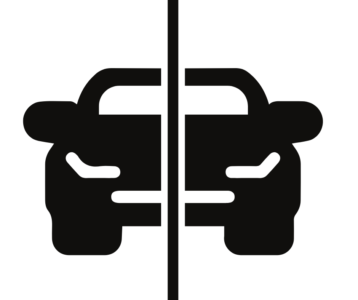Understanding GAP Insurance: Why It Matters in Car Financing
GAP insurance, which stands for Guaranteed Asset Protection insurance, is a type of insurance that covers the difference between the outstanding loan balance on a vehicle and its actual cash value (ACV) in the event of a total loss, such as theft or an accident where the car is declared a total loss by the insurance company. It’s particularly relevant in car financing because it helps protect borrowers from financial loss in situations where the car’s value has depreciated faster than the loan balance has been paid down.

Here’s why GAP insurance matters in car financing:
1. Depreciation: New cars can lose a significant portion of their value in the first few years due to depreciation. If your car is totaled in an accident or stolen, the insurance payout is based on its actual cash value at that time, which might be lower than what you owe on your loan. GAP insurance covers this difference, ensuring you’re not left with a substantial debt to pay off even though you no longer have the car.
2. Loan Balance vs. Car Value: In the early years of a car loan, the outstanding loan balance can be higher than the car’s value due to interest and initial depreciation. If an accident occurs during this time, you could end up owing more on the loan than what the insurance payout covers. GAP insurance fills this gap, preventing you from having to pay out of pocket for a car you no longer possess.
3. Financial Protection: Without GAP insurance, you could face a financial burden if your car is declared a total loss. You would need to continue making loan payments for a car you can’t drive. GAP insurance provides peace of mind by ensuring you won’t be left with a substantial debt and an unrecoverable loss.
4. Leases and Loans with Little Down Payment: If you’ve put down a small down payment on a lease or a loan, the gap between the loan balance and the car’s value can be even larger. This increases the risk of owing more than what the insurance payout covers in case of a total loss.
5. No Coverage for Additional Costs: Standard auto insurance typically covers the car’s actual cash value, but it may not cover other associated costs, such as your deductible, unpaid loan interest, or other fees. GAP insurance can also cover these costs in addition to the difference between the car’s value and the loan balance.
6. Early Payoff Situations: If you’re planning to pay off your car loan early, you might think that GAP insurance isn’t necessary. However, accidents can happen at any time, and if one occurs before you’ve paid off the loan, you could still find yourself in a situation where GAP insurance is beneficial.

When considering whether to purchase GAP insurance, it’s important to factor in your loan amount, the rate of depreciation for your vehicle, your down payment, and your willingness to take on the financial risk of a potential gap between your car’s value and the loan balance. It’s often offered at the time of financing, but you can also check with your insurance provider or other companies for potentially more cost-effective options.

